Der Gigi | دير جيجي
25-09-2022
Creativity
الأبداع
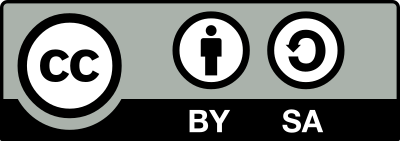
This published under the Creative Commons Attribution-ShareAlike 4.0 International (CC BY-SA 4.0) license which means that you are free to share and adapt the material as you see fit. The only requirement is that you must give attribution and distribute your contributions under the same license.
تم نشر هذا بموجب ترخيص Creative Commons Attribution-ShareAlike 4.0 International (CC BY-SA 4.0) مما يعني أنك حر في مشاركة المواد وتعديلها على النحو الذي تراه مناسبًا. الشرط الوحيد هو أنه يجب عليك الإسناد وتوزيع مساهماتك بموجب نفس الترخيص.
Creativity is a mystery. It is creation, inspiration, and—of course—transpiration. You actually have to sit down and do the thing. You have to be creative. But what does it mean, “to be creative?”
الإبداع لغز. إنه الخلق والإلهام و- بالطبع - النتح. عليك في الواقع أن تجلس وتفعل الشيء. أنت يجب أن تكون مبدعًا. لكن ماذا يعني ، "أن تكون مبدعًا؟"
A creative solution is a new solution, a non-obvious solution. It might be obvious in hindsight, but it is non-obvious at present. Only a genius can come up with a new, non-obvious solution. The genius is creative. By definition.
الحل الإبداعي هو حل جديد ، حل غير واضح. من المحتمل ان تكون واضح في الإدراك المتأخر ، لكنه غير واضح في الوقت الحاضر. فقط العبقري يستطيع التوصل إلى حل جديد غير واضح. العبقرية مبدعة. بواسطة تعريف.
According to The American Heritage Dictionary of the English Language, a genius is someone who has “extraordinary intellectual and creative power.” There it is again: creativity. Creativity is power. Creativity is genius.
وفقًا لقاموس التراث الأمريكي للغة الإنجليزية ، أ العبقري هو شخص يمتلك "قوة فكرية وإبداعية غير عادية". ها هي مرة أخرى: الإبداع. الإبداع قوة. الإبداع عبقرية.
genius (n.) - late 14c., “tutelary or moral spirit” who guides and governs an individual through life, from Latin genius “guardian deity or spirit which watches over each person from birth; spirit, incarnation; wit, talent;” also “prophetic skill; the male spirit of a gens,” originally “generative power” (or “inborn nature”), from PIE *gen(e)-yo-, from root *gene- “give birth, beget,” with derivatives referring to procreation and familial and tribal groups.
genie (n.) - 1650s, “tutelary spirit,” from French génie, from Latin genius (see genius); used in French translation of “Arabian Nights” to render Arabic jinni, singular of jinn, which it accidentally resembled, and attested in English with this sense from 1748.
عبقري (اسم) - أواخر 14 ج ، "الوصاية أو الروح الأخلاقية" الذي يوجه ويحكم فرد من خلال الحياة ، من العبقرية اللاتينية "الإله الوصي أو الروح الذي يراقب كل شخص منذ ولادته ؛ الروح والتجسد. خفة دم موهبة ؛ " أيضا "مهارة نبوية؛ الروح الذكورية للعشيرة "أصلاً "القوة المولدة" (أو "الطبيعة الفطرية") ، من PIE * gen (e) -yo- ، من الجذر * الجين - "تلد ، أنجب" بمشتقات تشير إلى الإنجاب و الجماعات العائلية والقبلية.
الجني (اسم) - 1650 ، "روح الوصاية ،" من génie الفرنسية ، من العبقرية اللاتينية (انظر العبقرية) ؛ المستخدمة في الترجمة الفرنسية "الف ليلة و ليلة" لتقديمها و يشهد باللغة الإنجليزية بهذا المعنى من عام 1748.
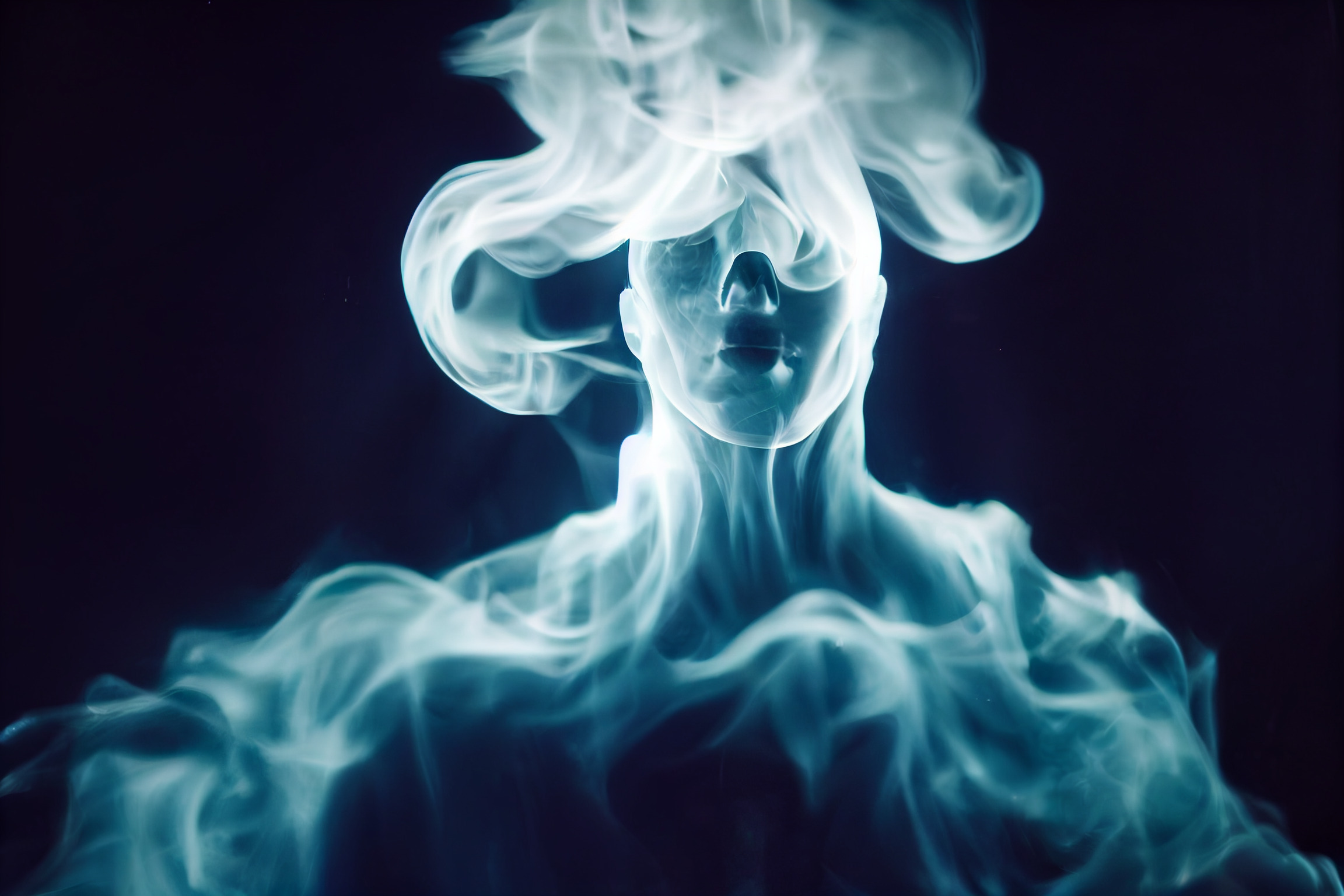
'Portrait of a jinn.'
I’ve become enamoured with words, something I never thought that would happen to me. It is beyond fascinating to understand them, the metaphors they refer to, and how they transformed over time. I used to smile at linguists and etymologists. It was never interesting to me, and now I can’t seem to stop.
لقد أصبحت مفتونًا بالكلمات ، وهو شيء لم أكن أتخيله أبدًا حدث لي. إنه لأمر مدهش أن نفهمهم ، الاستعارات يشيرون إليها وكيف تغيروا بمرور الوقت. اعتدت أن أبتسم ل اللغويون وعلماء الاشتقاق. لم يكن الأمر ممتعًا بالنسبة لي ، والآن لا يمكنني ذلك يبدو أنه توقف.
All word is metaphor; and even though not all forms of understanding are linguistic, all understanding is metaphor in disguise. We use words that mean one thing to construct more words that mean another thing. We use what is understood in a solid way to build up constructs that further our understanding, our “standing under.” That’s why any manipulation of language is so dangerous: it erodes the foundation of the skyscrapers that make up the skyline of our shared worldview. The protective constructs we find ourselves in, that give us shelter. Our structures of understanding.
كل كلمة مجاز. وعلى الرغم من عدم وجود كل أشكال الفهم لغوي ، كل فهم هو استعارة مقنعة. نحن نستخدم الكلمات التي يعني شيئًا واحدًا لإنشاء المزيد من الكلمات التي تعني شيئًا آخر. نستخدم ماذا يُفهم بطريقة صلبة لبناء البنيات التي تعزز فهم ، "مكانتنا". لهذا السبب أي تلاعب في اللغة أمر خطير للغاية: فهو يقوض أساس ناطحات السحاب التي تتكون منها أفق رؤيتنا المشتركة للعالم. التركيبات الواقية التي نجدها أنفسنا في ذلك يوفر لنا المأوى. هياكل التفاهم لدينا.
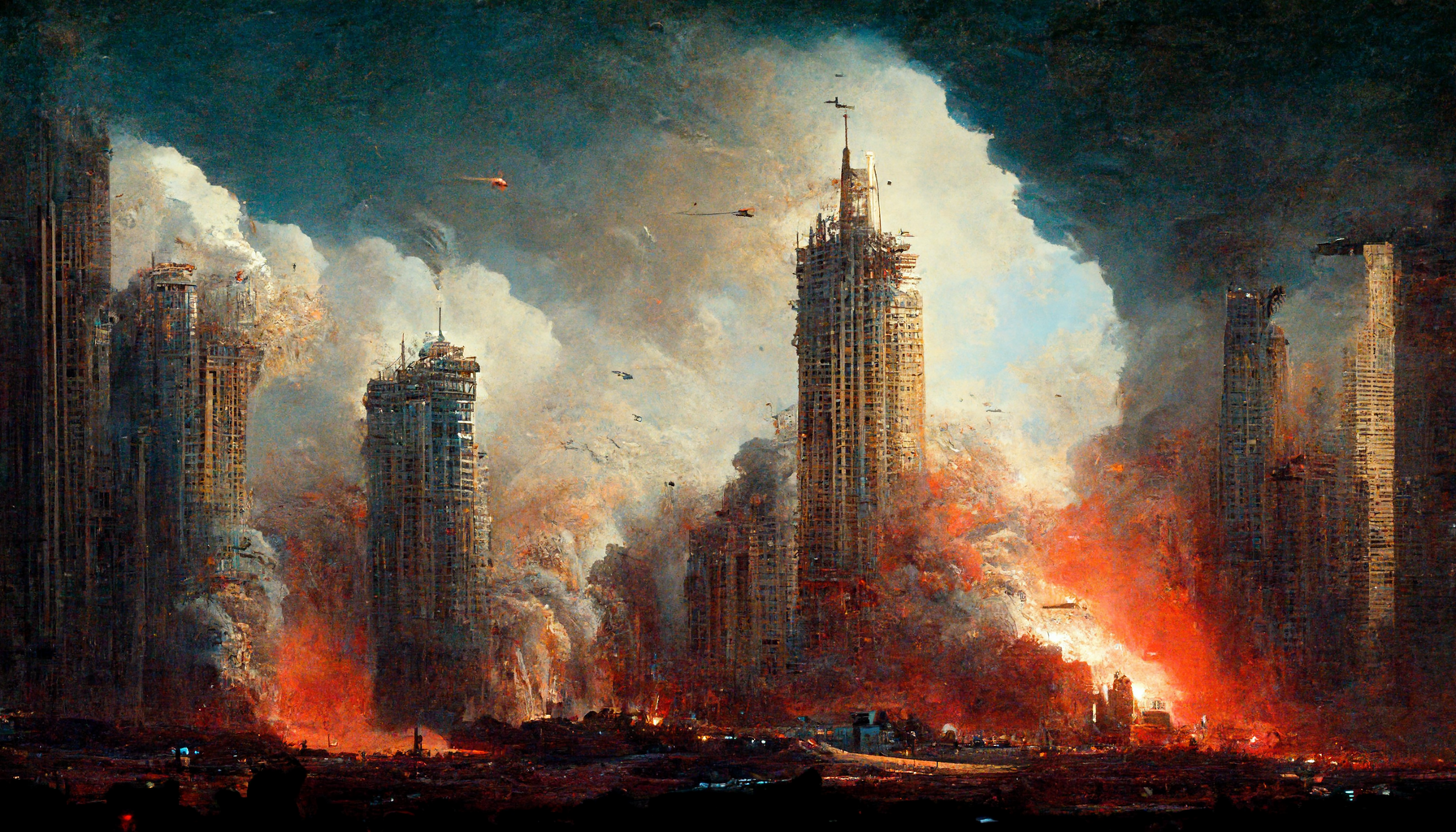
''The fall of skyscrapers.' '
Creativity is expression. Of course, there is more to expression than just words. Art and dance and music are the obvious ones. Mathematics, programming, engineering, skateboarding, and rock climbing are some of the less obvious ones. Truly creative people seem to be possessed by whatever they are doing; possessed by a goal, or a feeling, or an idea, or a spirit. There he is again, the génie, the jinn, the spirit that comes out of the oil lamp that illuminates that which would otherwise be dark.
الإبداع تعبير. بالطبع ، هناك ما هو أكثر من مجرد التعبير كلمات. الفن والرقص والموسيقى هي الأمور الواضحة. الرياضيات، البرمجة والهندسة والتزلج على الألواح وتسلق الصخور هي بعض من أقل وضوحا. يبدو أن الأشخاص المبدعين حقًا ممسوسون بأي شيء يفعلون يمتلكها هدف أو شعور أو فكرة أو روح. ها هو مرة أخرى ، الجن ، الروح التي تخرج من الزيت المصباح الذي ينير ما كان من الممكن أن يكون مظلمًا.
possess (v.) - late 14c., possessen, “to hold, occupy, inhabit” (without regard to ownership), a back formation from possession and in part from Old French possesser “to have and hold, take, be in possession of” (mid-13c.), from Latin possessus, past participle of possidere “to have and hold, hold in one’s control, be master of, own,” probably a compound of potis “having power, powerful, able” (from PIE root *poti- “powerful; lord”) + sedere, from PIE root *sed- (1) “to sit.”
obsess (v.) - c. 1500, “to besiege” (a sense now obsolete), from Latin obsessus, past participle of obsidere “watch closely; besiege, occupy; stay, remain, abide” literally “sit opposite to,” from ob “against” (see ob-) + sedere “to sit,” from PIE root *sed- (1) “to sit.” Of evil spirits, “to haunt,” from 1530s.
تمتلك (v.) - أواخر 14 ج ، حيازة ، "للاحتفاظ ، والاحتلال ، والسكن" (بدون فيما يتعلق بالملكية) ، والتكوين الخلفي للحيازة وجزئيًا من القديم الحائز الفرنسي "يمتلك ويمتلك ويأخذ ويمتلك" (منتصف 13 ج) ، من الحيازة اللاتينية ، النعت الماضي للحيازة "امتلاك وعقد ، عقد تحت سيطرة المرء ، يتحكم في امتلاك "على الأرجح مركب بوتيس" قوة ، قوية ، قادرة "(من PIE root * poti-" قوي ، سيد ") + sedere ، من جذر PIE * sed- (1) "للجلوس".
هوس (ت) - ج. 1500 ، "للحصار" (شعور عفا عليه الزمن الآن) ، من اللاتينية الوسواس ، النعت الماضي من الساجس "راقب عن كثب ؛ الحصار والاحتلال. البقاء، تبقى ، تلتزم "حرفيا" الجلوس مقابل "، من ob" ضد "(انظر ob-) + sedere "للجلوس" ، من PIE root * sed- (1) "للجلوس". من الأرواح الشريرة " تطارد "من ثلاثينيات القرن الخامس عشر.
It took me a long time to realize that I am obsessed with words. Words that hold value, first and foremost. Words in general, as of late. And, more recently, words that generate images. Words that somehow, magically, rearrange pixels to produce something that never existed before. Something that will never be generated again in exactly the same way. Something mesmerising.
لقد استغرق الأمر وقتًا طويلاً لأدرك أنني مهووس بالكلمات. الكلمات التي عقد القيمة ، أولا وقبل كل شيء. الكلمات بشكل عام ، في الآونة الأخيرة. و اكثر في الآونة الأخيرة ، الكلمات التي تولد الصور. الكلمات التي بطريقة ما ، بطريقة سحرية ، إعادة ترتيب وحدات البكسل لإنتاج شيء لم يكن موجودًا من قبل. شيئا ما لن يتم إنشاؤها مرة أخرى بنفس الطريقة تمامًا. شيئا ما فاتن.
Is creativity still valuable when it is generated? What is the difference between a creative solution devised by man, a creative solution devised by nature, and a creative solution devised by machine? Are evolutionary algorithms implemented in silica less real than evolutionary algorithms implemented in flesh and blood? Are the models that are birthed and killed by neural networks less real than the models in our heads? What is a model but a useful abstraction? What is a writer but a creative text-completion engine?
هل يظل الإبداع ذا قيمة عندما يتم إنشاؤه؟ ماهو الفرق بين حل إبداعي ابتكره الإنسان ، حل إبداعي ابتكره الطبيعة ، وحل إبداعي ابتكرته الآلة؟ هي تطورية الخوارزميات المطبقة في السيليكا أقل واقعية من الخوارزميات التطورية نفذت باللحم والدم؟ هي النماذج التي ولدت وقتل بواسطة الشبكات العصبية أقل واقعية من النماذج الموجودة في رؤوسنا؟ ما هو النموذج لكن فكرة مجردة مفيدة؟ ما هو كاتب لكن إبداعي إكمال النص محرك؟
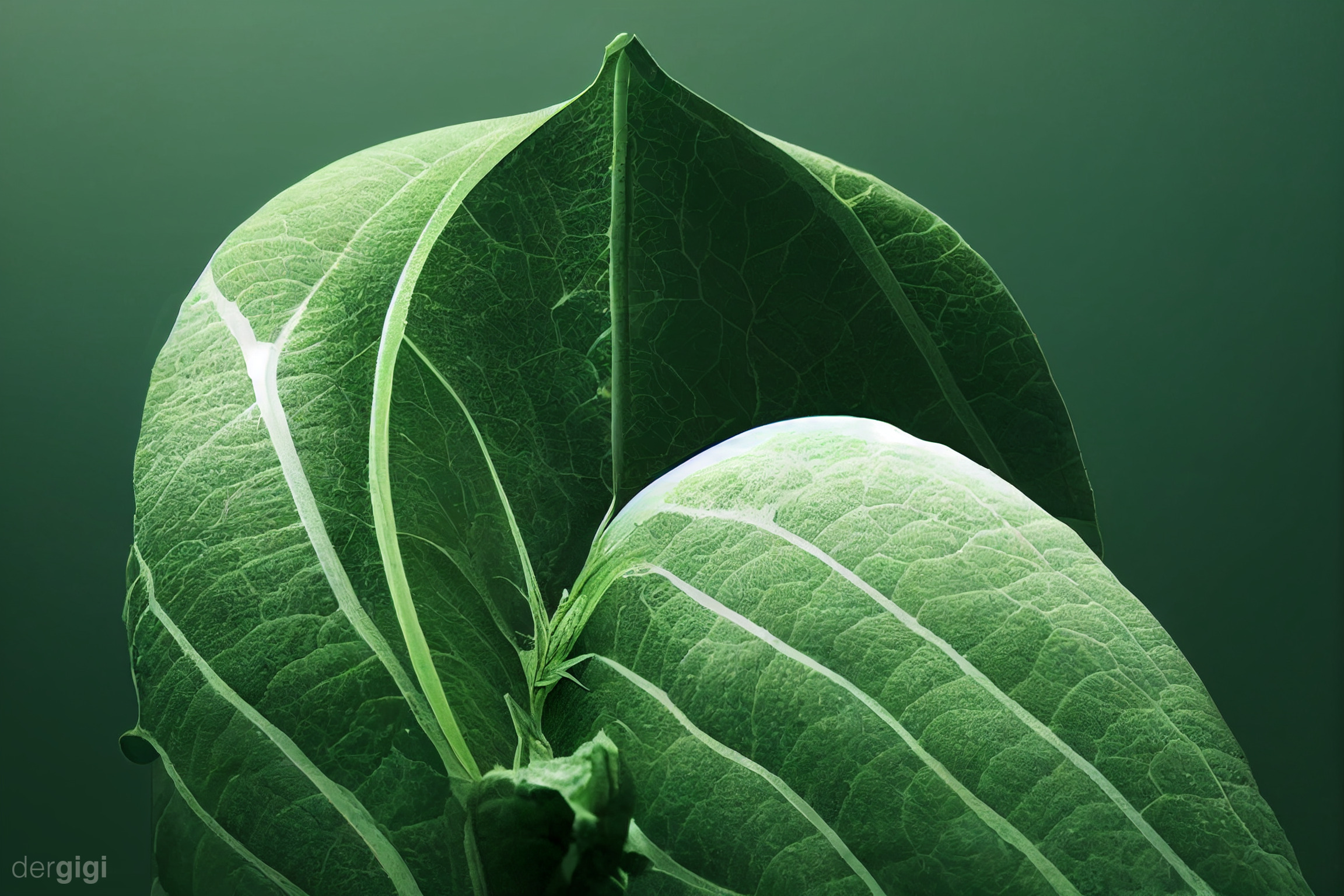
'A creative solution devised by nature.'
“But it lacks soul,” I hear you shouting in protest. “It lacks human feeling.”
"لكنها تفتقر إلى الروح" ، أسمعك تصرخ احتجاجًا. "تفتقر إلى الإنسان شعور."
But is that so? Can’t machines create something soulful? How do we know that they create without feeling and passion, but with passionless objectivity?1
لكن هل هذا صحيح؟ ألا تستطيع الآلات أن تخلق شيئًا روحيًا؟ كيف نعرف ذلك يبدعون بدون شعور وشغف ، ولكن بموضوعية بلا عاطفة؟
“But it is still just an algorithm.” “Ah, but this algorithm is designed by a human.” “Yes, but the machine is still just a machine.” “Ah, but it has been designed by the human rather than one of its machines.” “Yes, but that human is still a human and not an algorithm.” “Ah, but what is human creativity but an algorithm?”
"لكنها لا تزال مجرد خوارزمية." "آه ، ولكن تم تصميم هذه الخوارزمية بواسطة إنسان." "نعم ، لكن الآلة لا تزال مجرد آلة." "آه ، لكن الأمر كذلك تم تصميمه بواسطة الإنسان بدلاً من إحدى أجهزته ". "نعم ، لكن ذلك لا يزال الإنسان إنسانًا وليس خوارزمية ". "آه ، ولكن ما هو الإنسان الإبداع ولكن الخوارزمية؟ "
“Stop!” you cry, and the argument ceases. I have won. “The algorithms are the same. Both are still just algorithms. The difference is inconsequential. It means nothing. What matters is what they are designed to do.” A computer is a machine that computes. Does that make it any less real?2
"قف!" تبكي وتوقف الجدل. لقد فزت. "الخوارزميات نفس الشيء. كلاهما لا يزال مجرد خوارزميات. الفرق غير منطقي. لا يعني شيئا. ما يهم هو ما صُمموا من أجله ". كمبيوتر هي آلة تحسب. هل هذا يجعلها أقل واقعية؟
“But it still lacks soul!” I hear you shouting in protest, again. “It cannot capture our imagination. It is just another means to an end.”
"لكنها ما زالت تفتقر إلى الروح!" أسمعك تصرخ احتجاجًا مرة أخرى. "لا تستطيع أسر خيالنا. إنها مجرد وسيلة أخرى لتحقيق غاية ".
I beg to differ. Like the author, it is a tool, a set of rules. You can craft it to be as complex and precise as you like. And like the author, it can inspire a work of art, or a work of craft. It can make you laugh, or teach you a lesson, or give you the tools to create the same. Most importantly, it can inspire the artist, the craftsman, the writer. It can create the soul. It can create new forms. It can create new methods. It can create new media.
أرجو أن تتغير. مثل المؤلف ، إنها أداة ، مجموعة من القواعد. تستطيع اصنعها لتكون معقدة ودقيقة كما تريد. ومثل المؤلف ، هو يمكن أن تكون مصدر إلهام لعمل فني أو عمل حرفي. يمكن أن تجعلك تضحك ، أو يعلمك درسًا ، أو يعطيك الأدوات اللازمة لإنشاء نفس الشيء. معظم والأهم من ذلك أنه يمكن أن يلهم الفنان والحرفي والكاتب. يمكن خلق الروح. يمكنه إنشاء أشكال جديدة. يمكن أن تخلق أساليب جديدة. يمكن إنشاء وسائط جديدة.
But you are right: It is not as good as an author, yet.
لكنك على حق: إنها ليست جيدة مثل المؤلف حتى الآن.
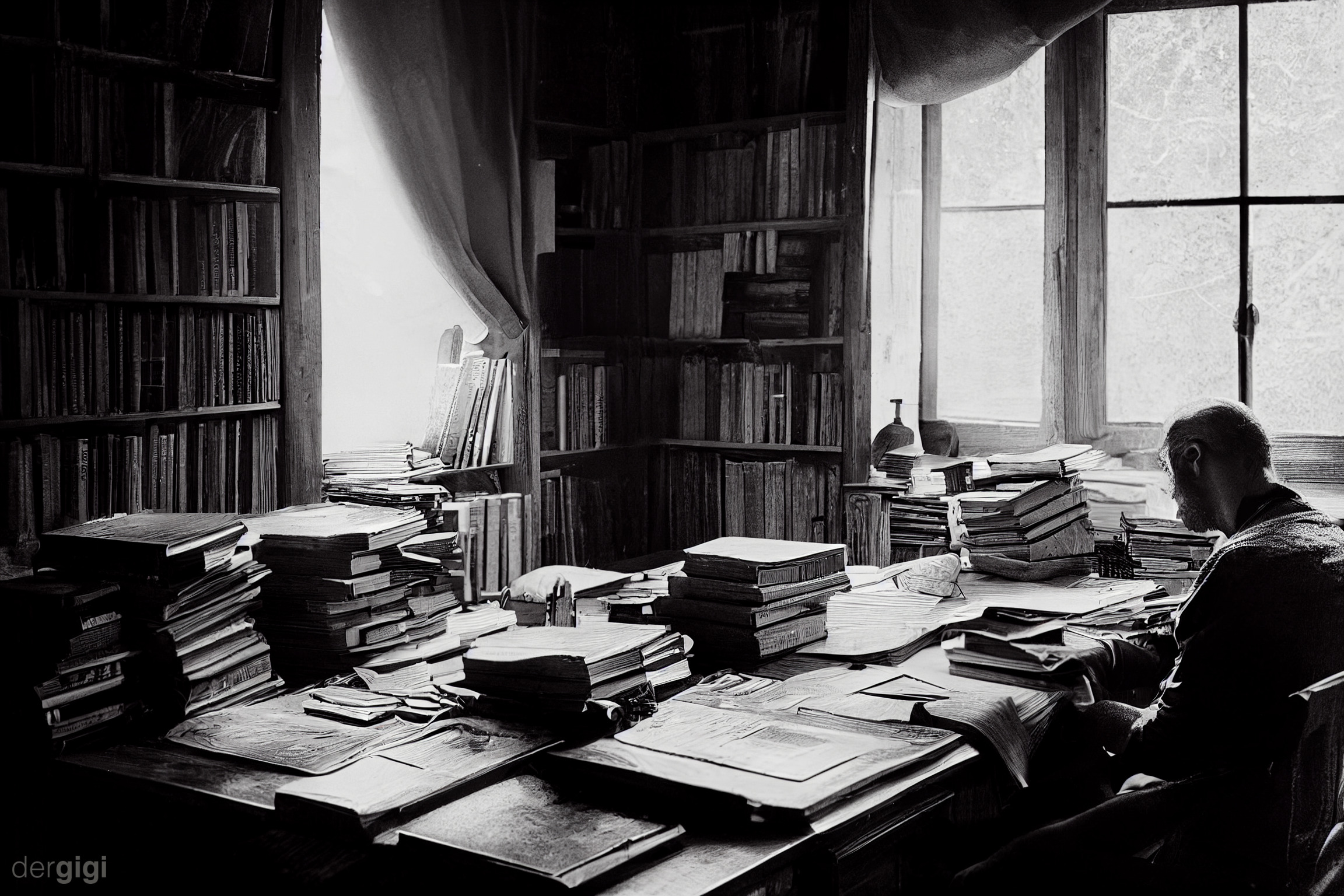
'An author sitting at his old wooden desk in his small cabin.'
An algorithm, even a well-designed algorithm, is less powerful than an author because it lacks the complexity of the original. An algorithm lacks the range of imagination of the original. An algorithm is only as good as its data.3
تعد الخوارزمية ، حتى لو كانت خوارزمية جيدة التصميم ، أقل قوة من خوارزمية المؤلف لأنه يفتقر إلى التعقيد الأصلي. خوارزمية تفتقر مدى الخيال الأصلي. الخوارزمية جيدة فقط مثل بياناتها 3
That’s fair. My point is, that every artist has a voice, but it’s not necessarily his own. If it’s not his voice, whose voice is it? The answer is, it is the voice of the muse. It is God’s voice. It is the voice that we hear in the story. It is the voice that we hear in the hymns and in the Scriptures. The voice of the muse is the most important voice. The words of God speak to our minds, but they most definitely speak to our hearts. If it is not the voice of God, then what is it? I don’t know the answer, but we are missing something big if it is not God speaking.4
هذا عادل. وجهة نظري هي أن كل فنان لديه صوت ، لكنه ليس كذلك بالضرورة خاصته. إذا لم يكن صوته ، فمن يكون صوته؟ الاجابة هو صوت الملهم. إنه صوت الله. إنه الصوت الذي نحن نسمع في القصة. إنه الصوت الذي نسمعه في الترانيم وفي الكتب المقدسة. صوت الملهم هو الصوت الأكثر أهمية. كلام الله يخاطب عقولنا ، لكنهم بالتأكيد يخاطبون قلوبنا. لو أنه أليس صوت الله فما هو. لا أعرف الجواب ، لكننا نحن يفتقدون شيئًا كبيرًا إذا لم يكن كلام الله 4
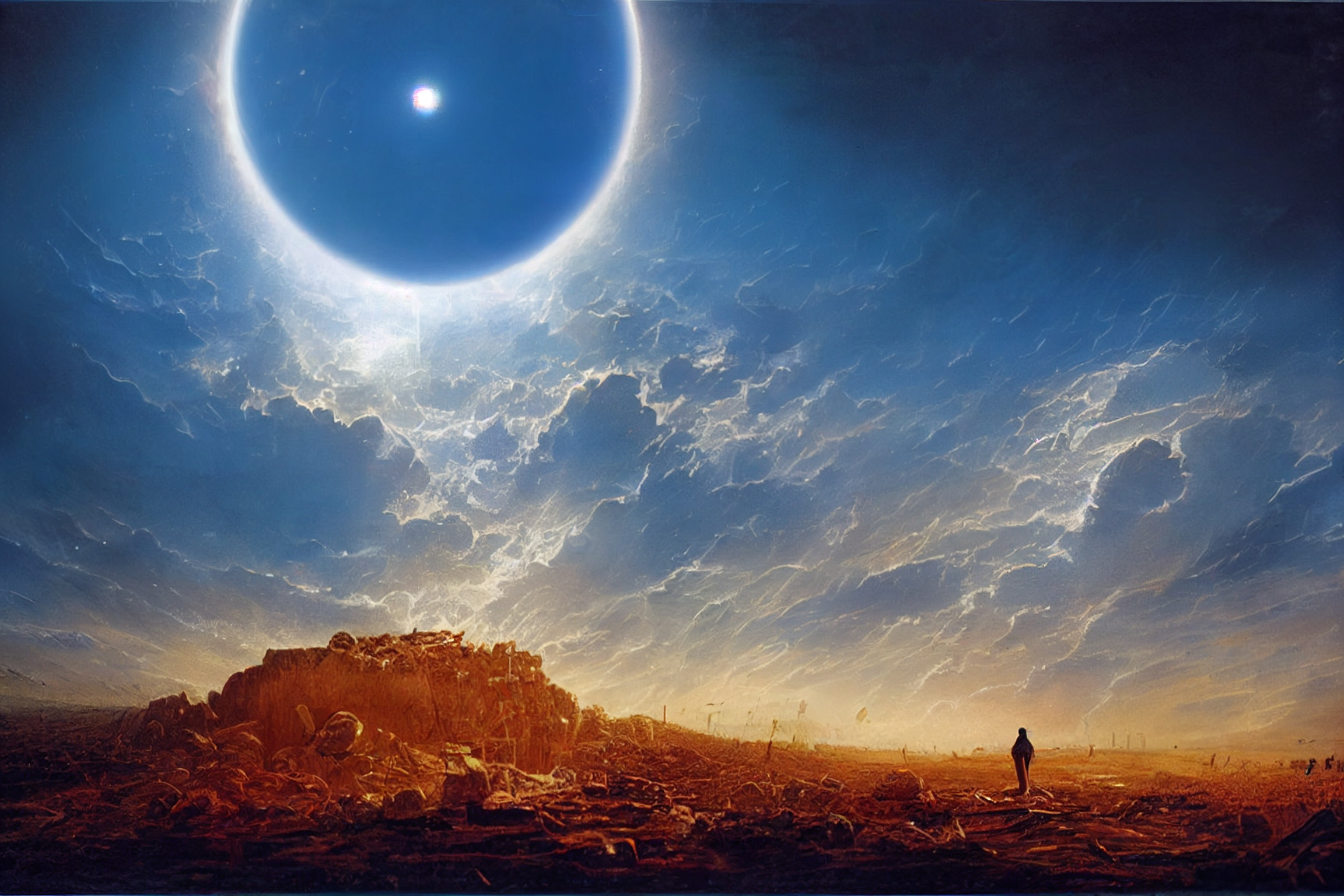
'We are missing something big if it is not God speaking.'
“It lacks soul.” It may be that you believe this not because you know better, but because in the face of new innovations you no longer trust yourself to appreciate their impact or to be in the right place to appreciate it. The pace of innovation is so rapid that even those who love to experiment with new things often lack the nerve to embrace the new before it has found its feet.5
"تفتقر إلى الروح." قد لا تصدق هذا لأنك تعلم أفضل ، ولكن لأنه في مواجهة الابتكارات الجديدة لم تعد تثق بنفسك لتقدير تأثيرها أو أن تكون في المكان المناسب نقدر ذلك. إن وتيرة الابتكار سريعة للغاية حتى أولئك الذين يحبونها تجربة أشياء جديدة غالبًا ما تفتقر إلى العصب لاحتضان الجديد من قبل لقد وجدت قدميها .5
“A poem isn’t just a box of words.” True, but if it isn’t also creative, what exactly is it? Isn’t poetry itself a creative act? Why is it that poetry is considered to be a spiritual enterprise, a high-brow thing for high-brow people? Isn’t poetry in the end but a set of creative conventions?6
"القصيدة ليست مجرد صندوق كلمات". صحيح ، ولكن إذا لم يكن إبداعيًا أيضًا ، ما هو بالضبط؟ أليس الشعر في حد ذاته عملاً إبداعيًا؟ هو السبب في أن يعتبر الشعر مشروعًا روحيًا ، وهو أمر بالغ الأهمية بالنسبة إليه الناس عالية الحاجب؟ ليس شعرًا في النهاية بل مجموعة إبداعية الاتفاقيات؟ 6
What is creativity then? How do we define it? The creativity I speak of is not something that just happens to creative people. It is their way of solving problems and it is part of who they are. It is their soul.7
ما هو الإبداع إذن؟ كيف نعرف ذلك؟ الإبداع الذي أتحدث عنه هو ليس شيئًا يحدث فقط للأشخاص المبدعين. إنها طريقتهم حل المشاكل وهو جزء من هويتهم. إنها روحهم .7
But what if there is no soul? Is that any better? Is there still room for art? Is creativity lost once it is not produced by a brain? Can a machine write a better poem than an individual poet? What makes a creation good? I don’t think a good answer can be given for any of these questions.8
ولكن ماذا لو لم يكن هناك روح؟ هل هذا أفضل؟ هل مازال هناك متسع ل فن؟ هل يفقد الإبداع بمجرد أن لا ينتجه الدماغ؟ يمكن لآلة اكتب قصيدة أفضل من الشاعر الفردي؟ ما الذي يجعل الخليقة جيدة؟ أنا لا أعتقد أنه يمكن إعطاء إجابة جيدة لأي من هذه الأسئلة .8
Who am I, as an author? Who are we, as humanity? One thing is certain: we lack neither creativity nor spirit. We are made of love. If we’re machines, we’re machines that love. And a machine that loves is never a machine in any real sense. And we are not meant to be machines.9
من أنا كمؤلف؟ من نحن كبشرية؟ هناك شيء واحد مؤكد: نحن لا تفتقر إلى الإبداع ولا الروح. نحن مصنوعون من الحب. إذا كنا آلات ، نحن آلات تحب. والآلة التي تحب ليست آلة في أي مكان بالمعنى الحقيقي. وليس من المفترض أن نكون آلات 9
We are meant to create. Which, of course, is the root of all creativity.1
نحن معنيون بالإنشاء. وهو بالطبع أصل كل إبداع